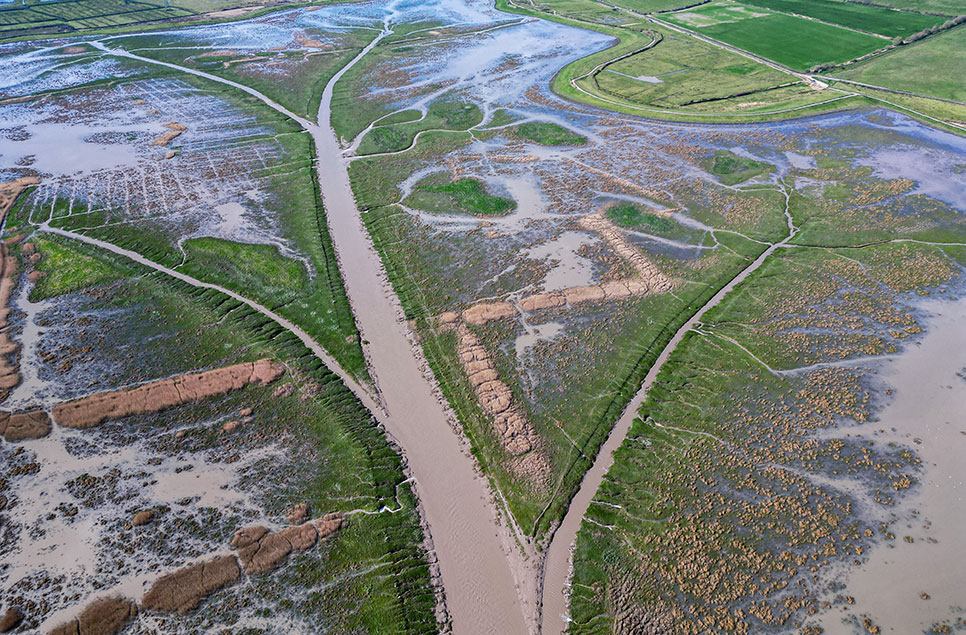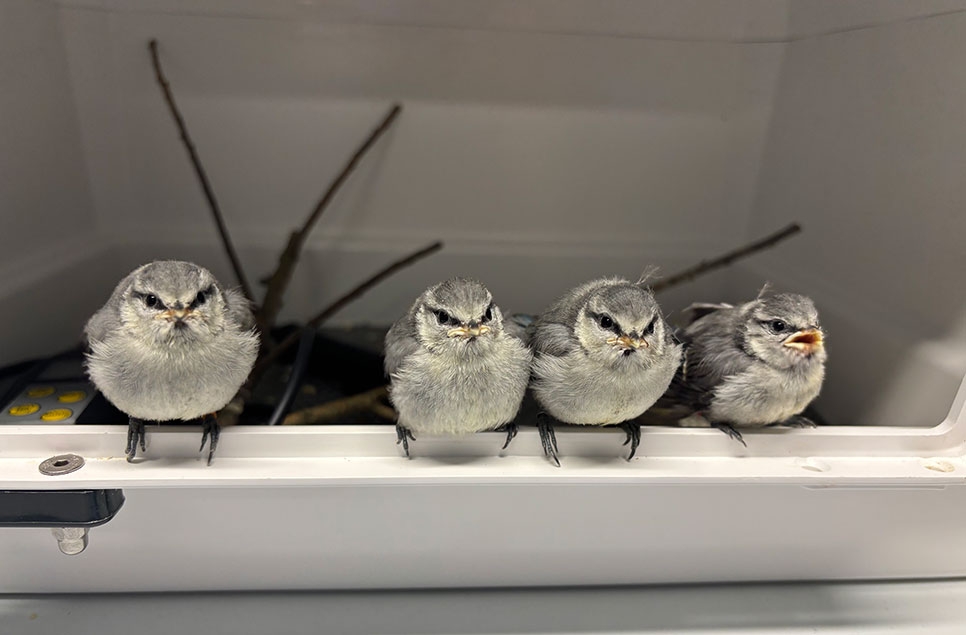More wetland protection after major conferences
WWT played a key part in two landmark four-yearly global meetings that have helped to provide future protection for wetlands.
In China, WWT became a signatory to the Changshu Declaration on Wetlands at the 10th INTECOL International Wetlands Conference. The Declaration recognises the value of wetlands in storing fresh water and carbon, and that 40% have been destroyed globally in the last 40 years. It calls on businesses and land managers to protect wetlands, and world banks to invest in wetlands to mitigate climate change, droughts and floods.
Beforehand, at the IUCN World Conservation Congress in Hawaii, WWT successfully presented a motion to phase out the use of toxic lead ammunition in wetland habitats because it poisons millions of birds worldwide who ingest spent shot pellets. The motion extends recognition of the issue to many countries beyond those where it is already banned in wetlands, including the UK.
WWT’s Chief Executive, Martin Spray CBE, attended both conferences and said:
“These decisions are milestones for the protection of our declining wetlands which support millions of people and wildlife around the world.
“The nature of global resolutions are that they are often not legally binding on governments. But just getting agreement between people from so many countries is a major step forward which provides a direction of travel and impetus to reach further agreements.”
In Changshu, presentations to the INTECOL Conference included:
-
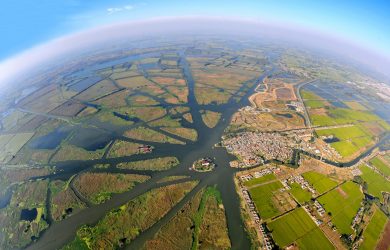
Nine Dragon Mouth Wetland Park WWT’s London Wetland Centre held up as a global exemplar of an urban wetland park
- WWT Consulting’s work in Colombo, Sri Lanka, held up as an example of urban wetland management helping a city in many ways, including regulating the air temperature
- WWT Consulting’s work in China, including Hong Kong and Nine Dragon Mouth (Jiulongkou), held up as best practice for maximising the value of wetland parks for people and wildlife (in a joint session with Wetland Link International and Nanjing University, with whom WWT Consulting has signed a Memorandum of Understanding to work together in China).

Whilst in China, Martin Spray also met with the Director of the State Forestry Administration (SFA) to talk about management of China’s urban and rural wetlands – upon which millions of people rely, as well as iconic species like the Critically Endangered spoon-billed sandpiper. WWT signed a Memorandum of Understanding with the SFA earlier this year.
The discussion followed on from Martin meeting the new Secretary General of the Ramsar Convention on Wetlands, in Hawaii a fortnight before. WWT is an International Organisation Partner of the Convention, which is currently drawing up proposals for a Wetland City accreditation scheme.
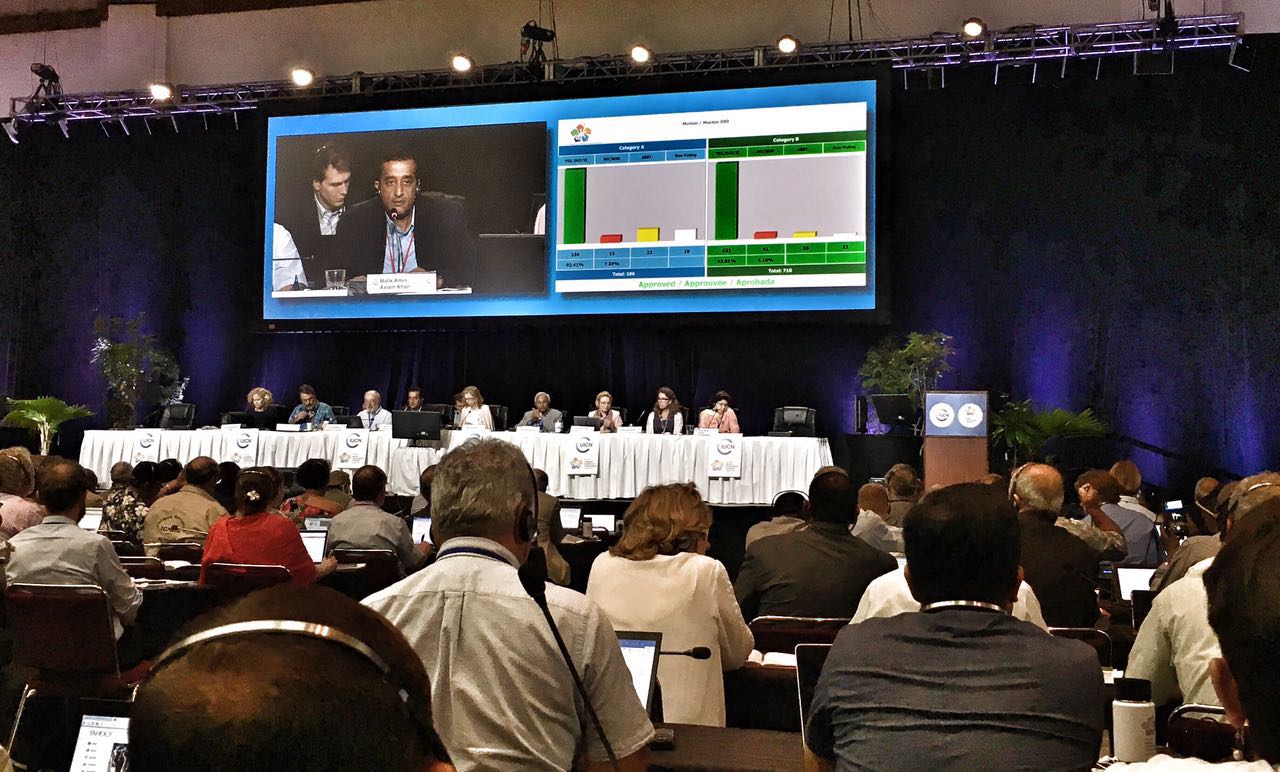
The IUCN World Conservation Congress in Hawaii was attended by more than 8,000 representatives of governments, businesses and NGOs from 184 countries. The motion to reduce the use of toxic lead ammunition was one of only a handful debated and voted on the floor of the Congress. WWT’s Dr Ruth Cromie helped negotiate text that was acceptable to all interests – as it is important that shooters and ammunition manufacturers are encouraged to play their part in this transition. Consequently the motion was voted through by 92% of members.
As well as supporting previous government commitments to phase out lead ammunition completely, the motion prompts other governments, agencies and
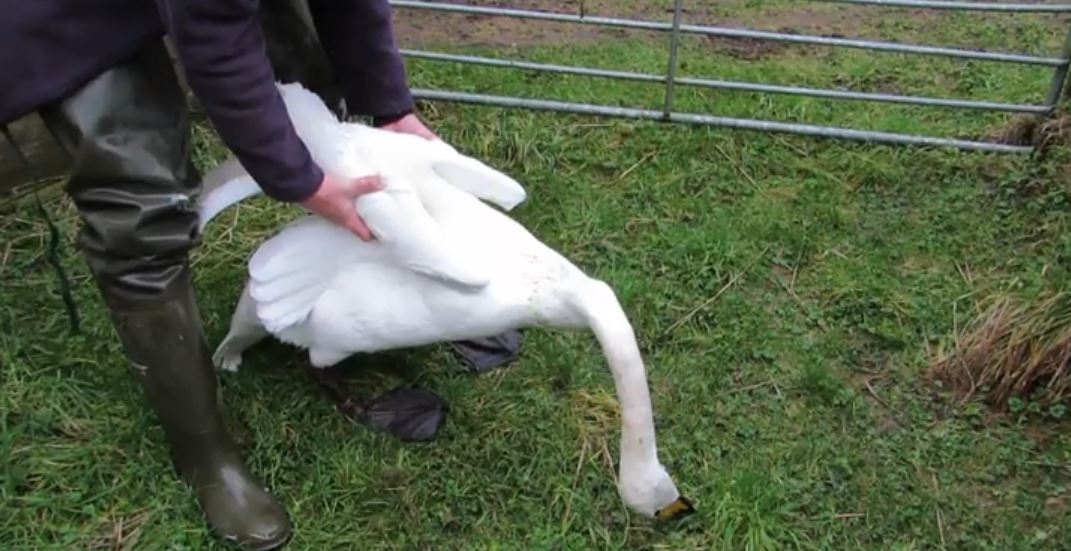
organisations to replace lead with non-toxic ammunition in wetland habitats and areas where scavengers (like eagles and vultures) are at particular risk.
Notably, the UK Government was one of the 8% minority who didn’t vote to reduce the global poisoning of wildlife caused by lead ammunition.
